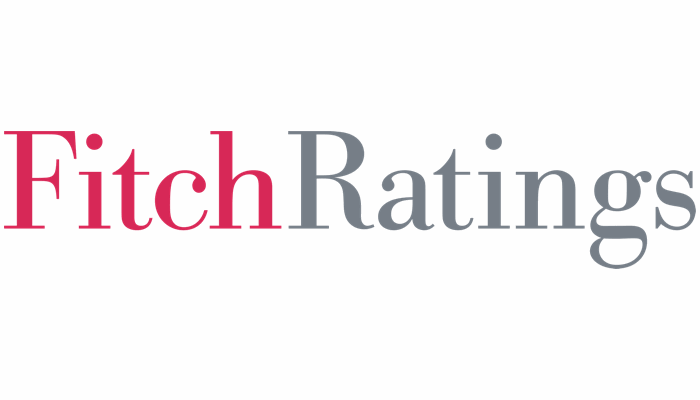



Fitch Ratings, a leading authority in credit ratings, commentary, and research, has released a comprehensive report highlighting the increasing regulatory costs faced by global insurers. These costs are largely driven by significant structural shifts in the life insurance sector, the escalating implications of climate change, and the expanding role of artificial intelligence (AI) in the industry. As a result, industry regulators are intensifying their efforts to address emerging risks.
Climate change and AI represent long-term challenges that are set to continuously reshape the regulatory environment within the insurance industry. However, in the immediate future, the drive towards more uniform regulation in the life insurance sector may have more pronounced effects.
This regulatory push is intertwined with broader transitions within private credit markets. Key international regulatory entities, such as the International Association of Insurance Supervisors (IAIS), the National Association of Insurance Commissioners (NAIC), and the Bermuda Monetary Authority (BMA), are concentrating on increasing investments in alternative assets and the prevalent use of cross-border asset-intensive reinsurance. Their efforts are aimed at bridging potential gaps in current capital requirements, especially concerning liquidity and credit risks, while also working to prevent financial instability and regulatory arbitrage.
The IAIS has made significant strides by adopting the Insurance Capital Standard (ICS) in late 2024. This move represents a pivotal advancement in developing a global solvency framework tailored for internationally active insurance groups. The standard places a strong emphasis on climate risk management, aiming to enhance the sector’s resilience while evaluating the role of insurers in mitigating climate-related threats.
Concurrently, the European Insurance and Occupational Pensions Authority (EIOPA) is advocating for insurers to bolster their solvency buffers against natural catastrophe risks under the Solvency II directive. Numerous local regulators are also prioritizing the evaluation of climate-related exposures.
While AI presents opportunities for enhanced operational efficiency, it also introduces new risks that may counterbalance its advantages. The increased utilization of AI in insurance has spurred regulators to draft guidelines ensuring its responsible implementation. Fitch highlights that the IAIS is currently assessing feedback from its draft application paper on AI supervision, which addresses issues like societal biases, data privacy, and accountability in AI-driven decisions. Similarly, EIOPA is conducting public consultations focusing on AI governance and risk management strategies within the insurance sector.
As regulatory scrutiny intensifies, insurers are expected to bear greater financial burdens to comply with emerging standards and adapt to the dynamic risk landscape. Fitch Ratings emphasizes that although adopting these standards may elevate operational costs, they are pivotal in securing the long-term stability and resilience of the global insurance industry. The pursuit of regulatory uniformity, especially in life insurance, will likely have immediate implications as insurers navigate complex issues related to asset allocation, cross-border reinsurance, and AI integration.
SİGORTA
2 gün önceSİGORTA
2 gün önceENGLİSH
11 gün önceSİGORTA
11 gün önceSİGORTA
12 gün önceSİGORTA
15 gün önceSİGORTA
17 gün önce 1
Elon Musk’s Father: “Admiring Putin is Only Natural”
11708 kez okundu
1
Elon Musk’s Father: “Admiring Putin is Only Natural”
11708 kez okundu
 2
7 Essential Foods for Optimal Brain Health
11613 kez okundu
2
7 Essential Foods for Optimal Brain Health
11613 kez okundu
 3
xAI’s Grok Chatbot Introduces Memory Feature to Rival ChatGPT and Google Gemini
11267 kez okundu
3
xAI’s Grok Chatbot Introduces Memory Feature to Rival ChatGPT and Google Gemini
11267 kez okundu
 4
Minnesota’s Proposed Lifeline Auto Insurance Program
9631 kez okundu
4
Minnesota’s Proposed Lifeline Auto Insurance Program
9631 kez okundu
 5
The Division 2: Battle for Brooklyn Expansion
8288 kez okundu
5
The Division 2: Battle for Brooklyn Expansion
8288 kez okundu
Veri politikasındaki amaçlarla sınırlı ve mevzuata uygun şekilde çerez konumlandırmaktayız. Detaylar için veri politikamızı inceleyebilirsiniz.